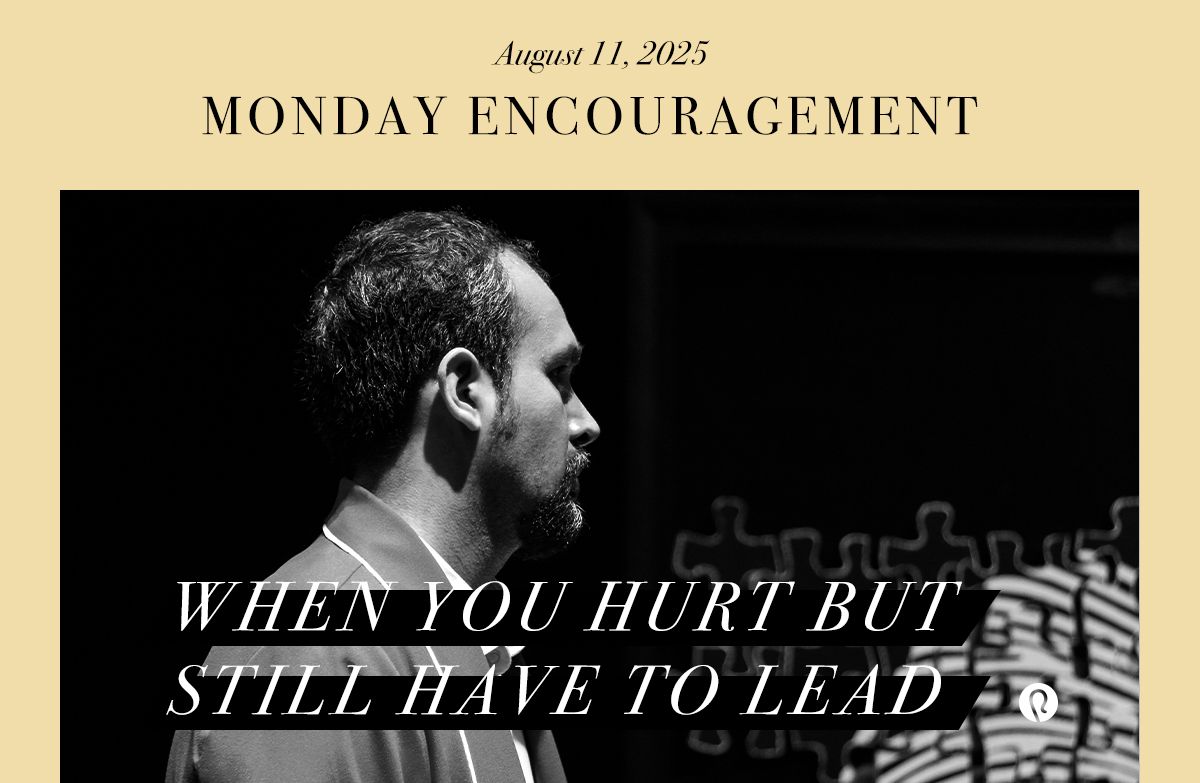FellowshipPreaching/TeachingLeadershipCelebrate RecoveryDiscipleshipSmall GroupsEvangelismWorshipMinistry
Ministry Leadership Is All About Serving Others

[caption id="attachment_22341" align="alignright" width="340"] photo credit: TheRevSteve[/caption]
Jesus said in Matthew 20:26 & 28 (Living Bible), “Anyone wanting to be a leader among you must be your servant. And if you want to be right at the top, you must serve like a slave. Your attitude must be like My own. For I did not come to be served, but to serve.” Then Luke 22:26, “But among you the one who serves best will be your leader.”
These two verses are the foundation for Christian leadership. Jesus said the exact opposite of what the world says as what a real leader is. In the world, you build a pyramid and you climb to the top. But Jesus said, “No, he who serves best leads best.” Servanthood is leadership. The better you serve the more God raises you up to leadership.
Leadership is not a matter of getting people to serve your interests. Leadership is a matter of serving the best interests of others. Jesus said, If you want to be great, you learn to be the servant of all.
God is much more interested in why you do what you do than He is interested in what you do. Check out your heart on these:
SEVEN REASONS TO SERVE OTHERS...
1. We were created to serve others.
Ephesians 2:10 says, “It is God Himself who has made us what we are and given us new lives from Christ Jesus. Long ago He planned that we should spend these lives in helping others.” Even before you were born, God planned a life of service for you. One reason why so many people are miserable today is because they’ve missed the point of life. As I serve others, my own needs are met and as I give my life away, I find it. You were created for service. If you’re not serving somewhere, you’re missing out on the very reason you were created. That’s a mind-blower!
2. It proves that we belong to Christ.
Romans 7:4 says, “You are part of the body of Christ and now you belong to Him in order that we might be useful in the service of God.” God says that the way you know you’re a part of the body of Christ is that you serve others. Serving is the proof of our identity as members of His family.
3. We serve God by serving others.
Serving others is the way to serve God. Colossians 3:23-24 says, “Whatever you do, work at it with all your heart as working for the Lord and not for men. It is the Lord you are serving.” No matter what you’re doing, who are you doing it for? You’re doing it for the Lord. Matthew 25:40 Jesus said, “What you have done for the humblest of My brothers you have done for Me.” He states it positively, “If you feed and cloth others, then you feed and clothe Me. If you haven’t fed and clothed others, you haven’t fed and clothed Me.” The greatest honor is to serve the Lord.
4. We owe God everything.
Romans 12:1 says, “Because of God’s great mercy to us, offer yourselves as a living sacrifice to God dedicated to His service and pleasing to Him.” The reason why I serve the Lord is because of what God has done for me – because of His mercy. When I think of what Jesus Christ has done for me, the sacrifice that He has made for me, there is no sacrifice that I can make for Him that will ever compare to what He’s done for me.
5. It's the best use of our lives.
1 Corinthians 15:56 says, (Good News) “Keep busy in your work for the Lord, since you know that nothing you do in the Lord’s service is ever without value.” When I go home and play with my kids that’s as important a service as preparing a sermon. When I take out the garbage or do the dishes for Kay so she can go do something else, that’s just as significant service as when I’m speaking to crowds of leaders because it all counts in God’s eyes.
It is the best use of my life to serve other people. If I didn’t believe that, I’d get out of the pastorate and go make a million bucks somewhere. But what counts for eternity is giving your life away.
6. It makes life meaningful.
Jesus said in Mark 8:35, (Living Bible) “Only those who throw away their lives for My sake and the sake of the good news will ever know what it means to really live.” I don’t pity people who are up to their neck in service. I happen to know that those are the people who are most alive. If you’re not serving, you’re not living; you’re just existing. That’s why we want to move people into the core of a purpose driven church because Jesus says, “Only those people who are throwing their lives away for My sake and the sake of the Good News will ever know what it means to really live.” It makes life meaningful.
7. Serving will be rewarded for eternity.
In John 12:26, Jesus said, “My Father will honor the ones who serve Me.” And in Matthew 25:21 He says, ”Well done good and faithful servants. You’ve been faithful in a few things. I’ll put you in charge of many things. Come and share your master’s happiness.” This life is a test. You’re being tested and God is seeing what kind of faithfulness you have. You’re going to spend far more time on that side of eternity than you do in the years you’re here. How you spend your time here is going to determine what’s going to be done with you in the next life for eternity.
Someday I want to stand before Jesus Christ and I want to hear Him say, “Well done thou good and faithful servant. You were not perfect, but you did your best. You gave it your best shot. You tried to make your life count for Christ. You gave it away. You had mistakes and bloopers and did all kinds of things that were worthless, but you gave it your best shot” At that point, when Jesus says, “Well done thou good and faithful servant,” it will be worth it all.







